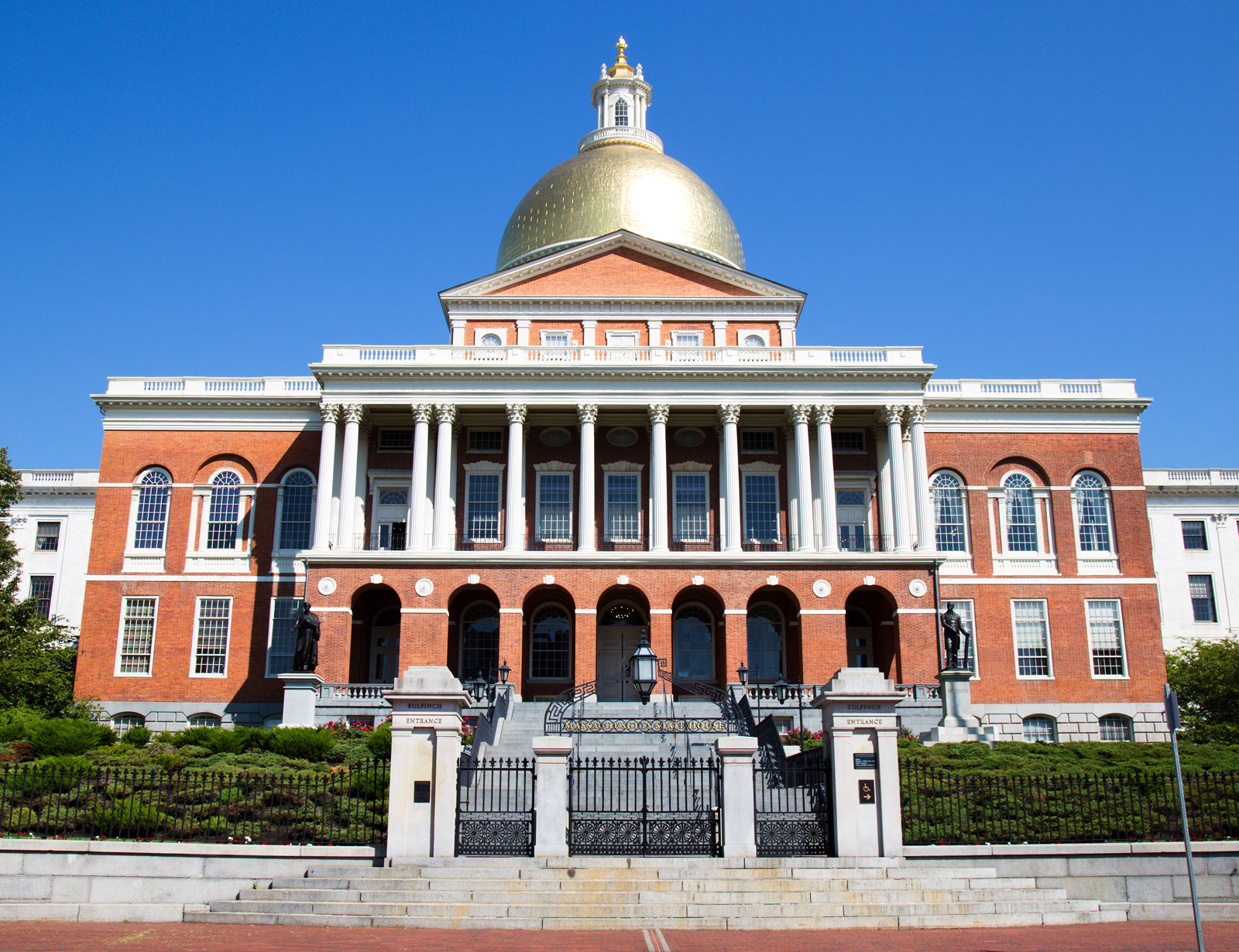
A $1.67 billion supplemental budget document is headed to Gov. Charlie Baker.
The Legislature passed the financial document for fiscal year 2022 late Thursday that would provide for investments in the state’s long-term COVID-19 response, housing and energy assistance, restaurant industry, and even relief for Ukrainian refugees.
Senate President Karen Spilka, D-Ashland, said with the budget’s passage the state has “avoided the worst of the financial downside” of the pandemic due to financial planning and investments in services and programs that support public health and build resiliency.
“The supplemental budget passed [Thursday] continues this trend by providing targeted funding to health care, housing, education, and transportation needs,” Spilka said in the release. “Importantly, this budget ensures that Massachusetts can continue to offer sanctuary to refugees fleeing from violence abroad even as war continues in Ukraine.”
Under the bill, refugees from Ukraine, which is mired in a conflict with Russia, would be resettled in Massachusetts using state pension funds from Russian assets, according to the release.
“This supplemental budget agreement passed this evening responds to the needs of our residents, continues our long-term response to COVID-19 and supports our Commonwealth’s ongoing recovery,” Sen. Michael J. Rodrigues, D-Westport, Chairman of the Senate Committee on Ways and Means said in the release. “With this agreement, we make meaningful investments in areas like health care, education, and local infrastructure, while divesting state pension funds from Russian assets in response to the Russian war in Ukraine and providing funds to resettle refugees, including Ukrainian refugees.
“This supplemental spending agreement also provides timely supports for families experiencing housing and energy insecurity and extends popular pandemic-related provisions like outdoor dining.”
Under the bill, $700 million would be invested in future mitigation efforts of COVID-19 to ensure services are offered at no-cost, which includes on-site testing, vaccinations, and treatment. The bill would also address staffing needs in public health.
The bill also sets the parameters on outdoor dining and beer, wine, and cocktails to-go until April 2023. Bonuses, according to the release, would be paid to Massachusetts National Guard soldiers.
Under the supplemental budget, according to the release, provisions are included to provide for housing stability in the state for those experiencing homelessness. The proposal features $100 million earmarked for the Residential Assistance for Families in Transition program. The program is designed to provide eligible families to obtain new housing. The document also includes a $20 million investment in the Low-Income Home Energy Assistance Program.
The supplement budget would also call for a $346 million investment for Home- and Community-Based Services Resources, with funding coming from the American Rescue Plan Act. The investment would ensure Medicaid users receive health care and medical services at home or in their communities.
According to the release, the bill would also spend $55 million in state funding to support reimbursement rates for human and social services providers who have continued performing their duties throughout the pandemic. Mental health care would receive $10 million for suicide prevention, staffing, and other resources. Additionally, $24 million in ARPA funding would be used for new behavioral health and substance use disorder treatment beds.
The bill, according to the release, provides for the Commissioner of Elementary and Secondary Education to issue emergency licenses to teachers for up to 180 days after the public health emergency ends. Additionally, private schools which operate under Chapter 766 would be appropriated $140 million for staffing needs.
This article was originally posted on Legislature passes $1.67 billion supplement budget